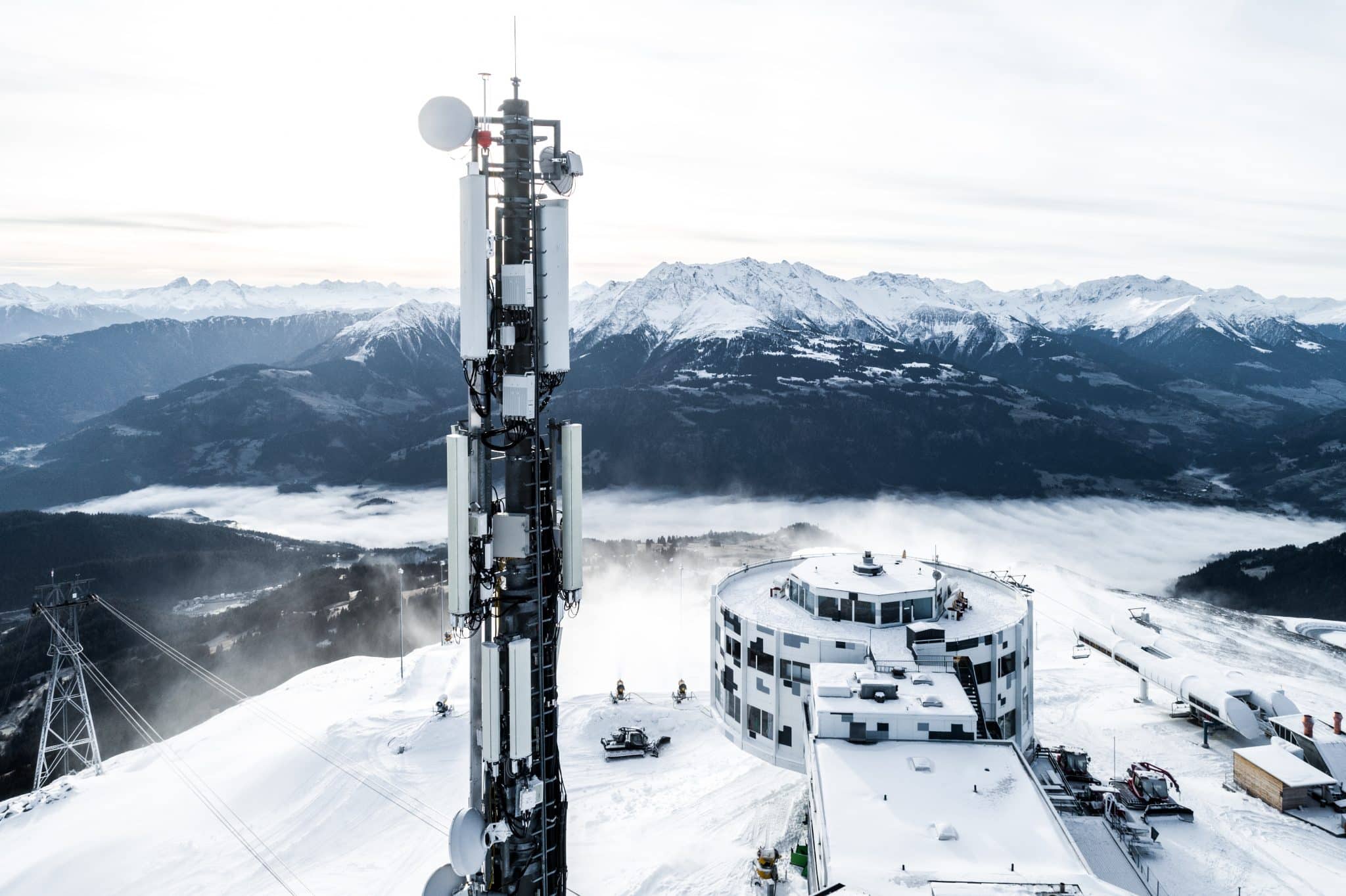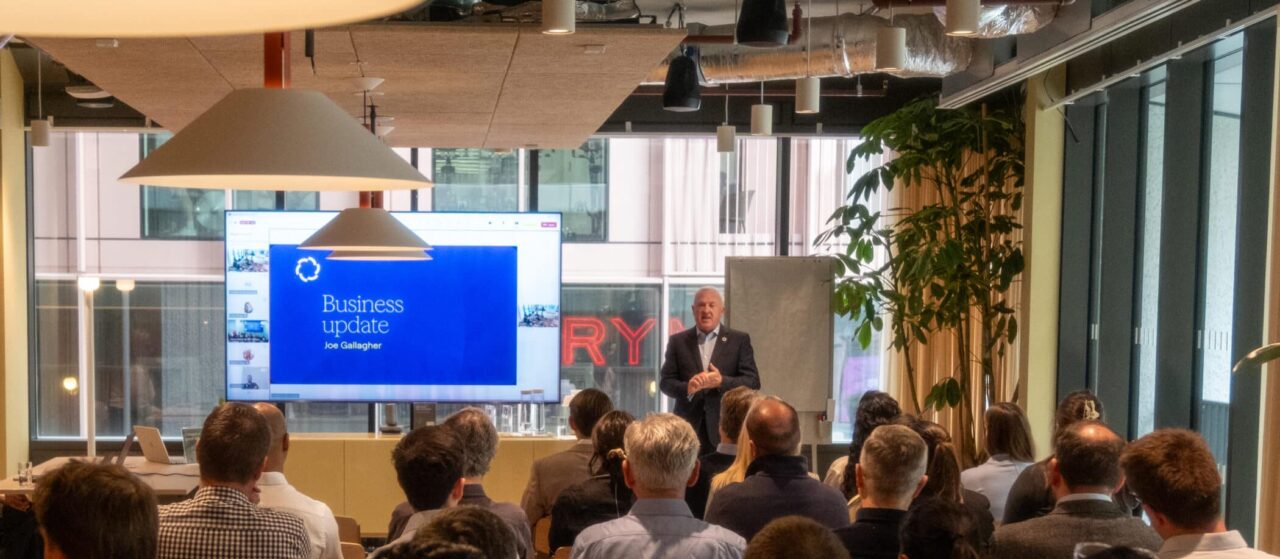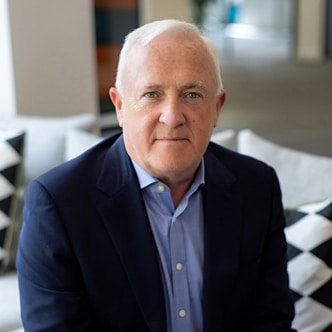For the past 15 years, I’ve dedicated my career to developing transformational energy strategies within the telecommunications industry across the UK and Europe.
I’ve seen it all while managing Liberty Global’s energy demand reduction strategy. From introducing state-of-the-art cooling systems in technical sites and data centres to mitigating intra-day energy prices by utilising generators during peak periods, network providers have uncovered innovative ways of driving energy efficiency and reducing energy usage.
But no single initiative has been as revelatory as artificial intelligence when it comes to curbing energy consumption in mobile networks.
At Sunrise, the largest private telecommunications company in Switzerland and one of Liberty Global’s wholly owned subsidiaries, AI rolled into existing mobile networks has yielded upwards of 10 percent reduction in energy. And bear in mind, mobile can represent up to 50 percent of our total energy used.
This kind of reduction in energy consumption from a single initiative is not just significant – it’s almost unheard of.
Implemented at Sunrise in March 2021, PowerStar – an energy management software – uses AI algorithms to analyse radio access network (RAN) traffic to make real-time adjustments with a focus on power-saving opportunities.
Historically, technology and associated power usage remains at full capacity despite fluctuations in network traffic throughout the day. However, with PowerStar, AI conducts real time traffic forecasting, synchronising customer demand with network availability and hence optimising the power supply to servers and other equipment within the mobile network.
Think of it this way: if you’re boiling an entire kettle of water to make one cup of tea, you’re using energy inefficiently. PowerStar senses how much water is required to fill your so-called kettle, and does so on a real-time basis, shutting down unnecessary energy consumption.
The benefits are two-fold – and then some. It’s reduced environmental impact and Sunrise’s bottom line, while maintaining a fast, reliable connection for customers.
In 2022, energy saved amounted to 6.4 million kWh, which is enough to power a small Swiss village with about 2,700 people for a year. Using Spring 2023 energy prices, Sunrise estimates cost savings of CHF 1.24 million or £1.1 million.
All in, PowerStar has saved more than 10 percent of the power used by Sunrise’s mobile networks without compromising network availability, striking the balance between conserving energy while sustaining customer experience.
With a compelling proof of concept at Sunrise, the use of AI is being progressed across the Liberty Global estate which could yield double-digit Euro millions in opex savings. The added benefit is that AI supports the significant progress we are making in reducing our groupwide carbon emissions.
These are crucial incentives as every mobile network provider is grappling with the combination of scaling up as data traffic and 5G demand soars, rising energy prices, and corporate social responsibility ambitions.
The Information and Communications Technology (ICT) industry – the umbrella group of telecoms providers – accounts for as much as 3.7 percent of the world’s total carbon emissions, according to an EY report commissioned by Liberty Global in 2022. Network energy costs constitute about 60 percent of providers’ electricity bills, according to the GSMA, which represents mobile network operators worldwide.
At Liberty Global, the price tag may be even higher than that. As noted, mobile networks represent approximately 50 percent of total energy used across our entire estate – more than all our technical sites and corporate and retail spaces combined. And our estimates suggest that material increases in 5G traffic should translate into seven to 10 percent year-on-year growth in energy consumption.
While Liberty Global procures more than 90 percent of its energy from renewable sources, it remains critical that we break this energy curve and operate our networks more efficiently. It’s a problem our industry has been dealing with in the face of each new mobile generation being deployed, and the increasing demand that follows. This is an opportunity for our business, but also environmental sustainability.
Sunrise has gone through this journey – and they’re paving the way for other Liberty Global operating companies to follow.










